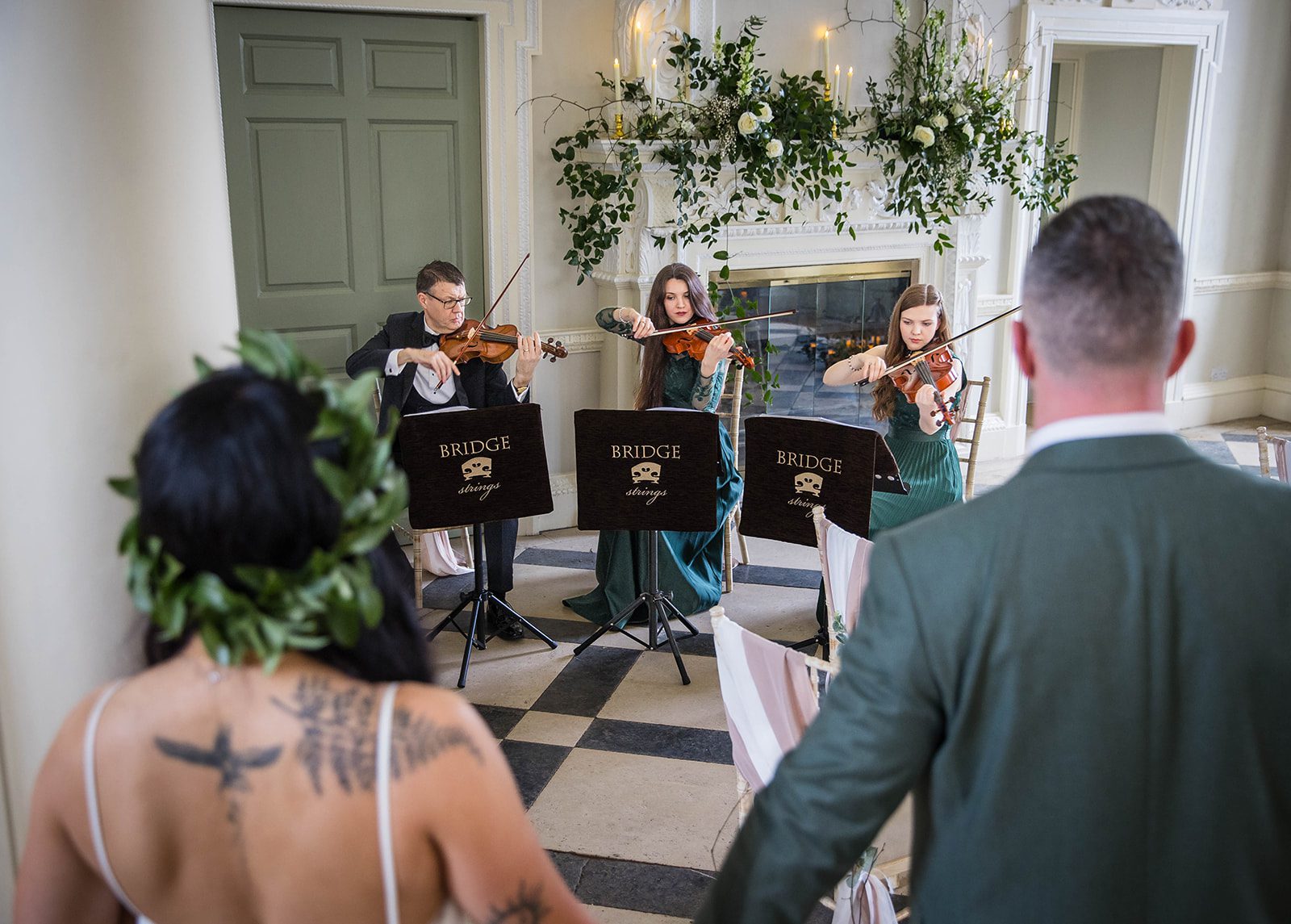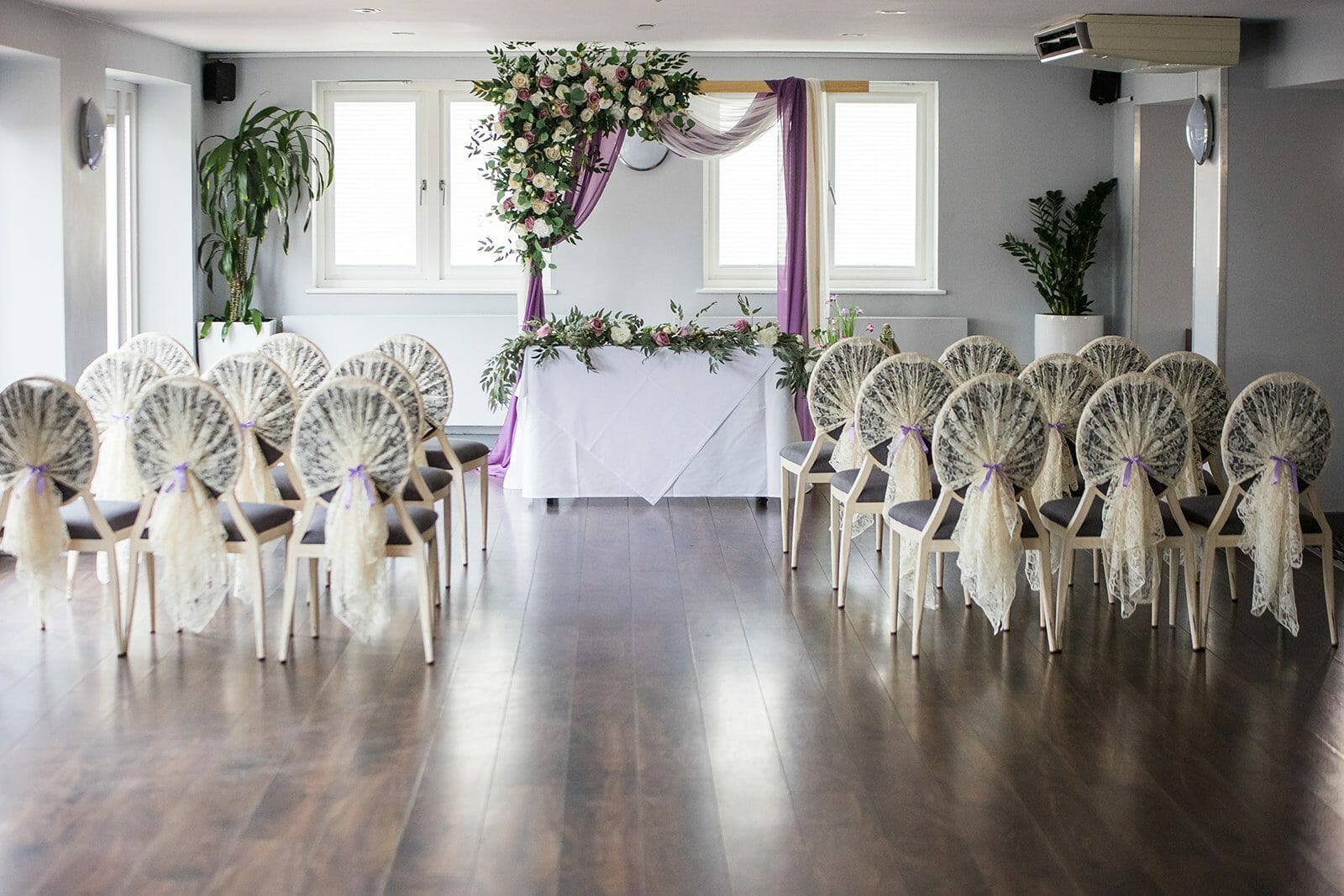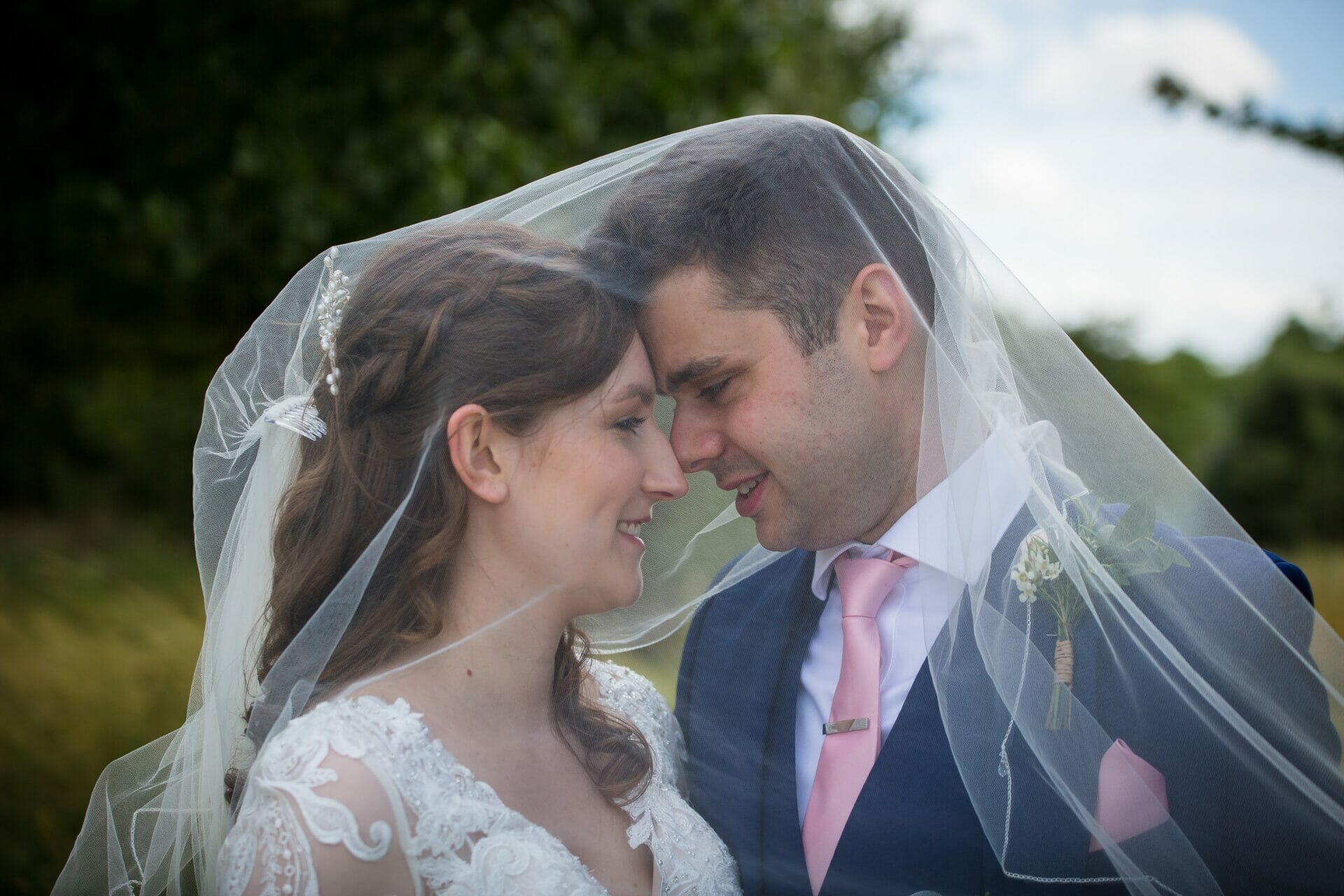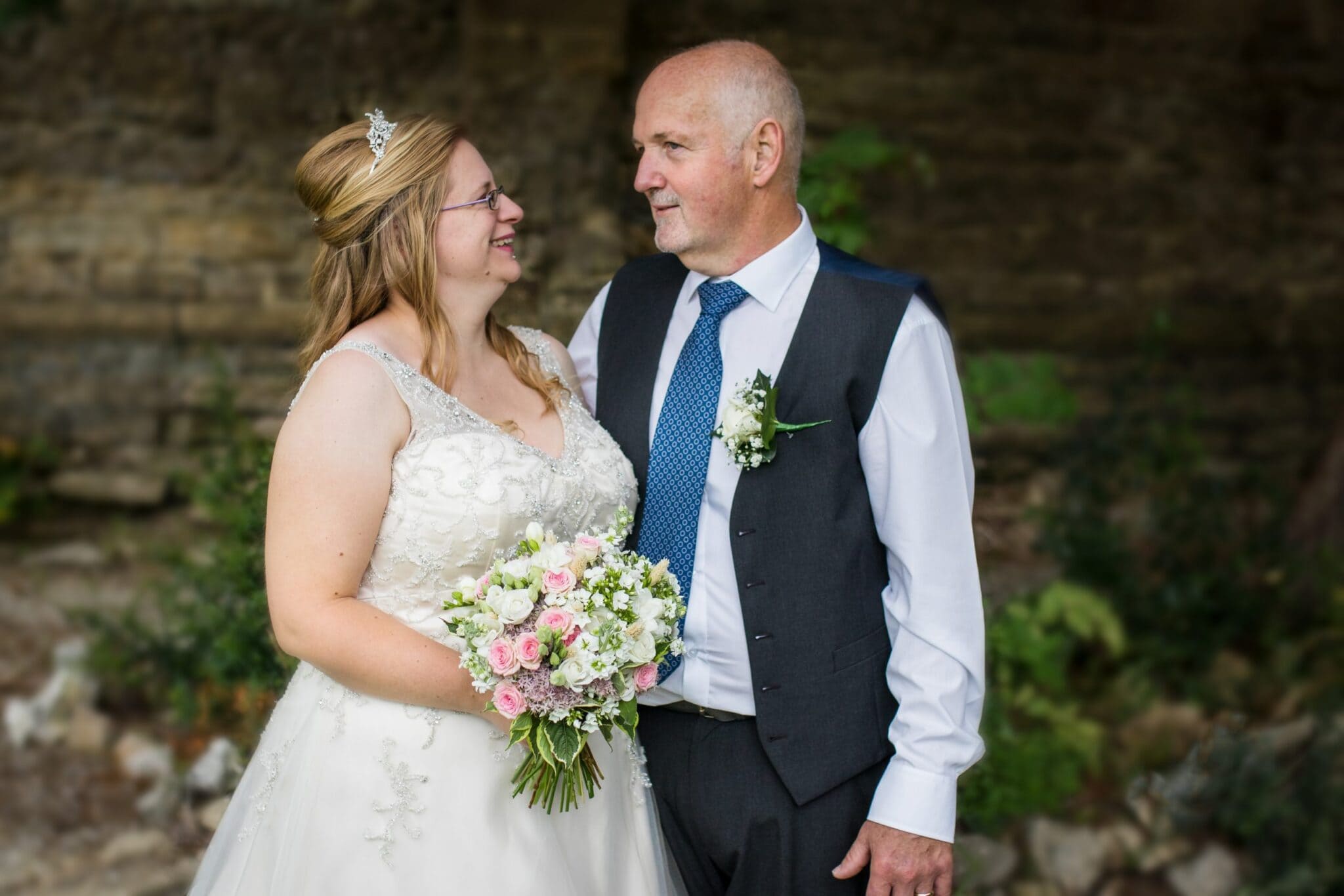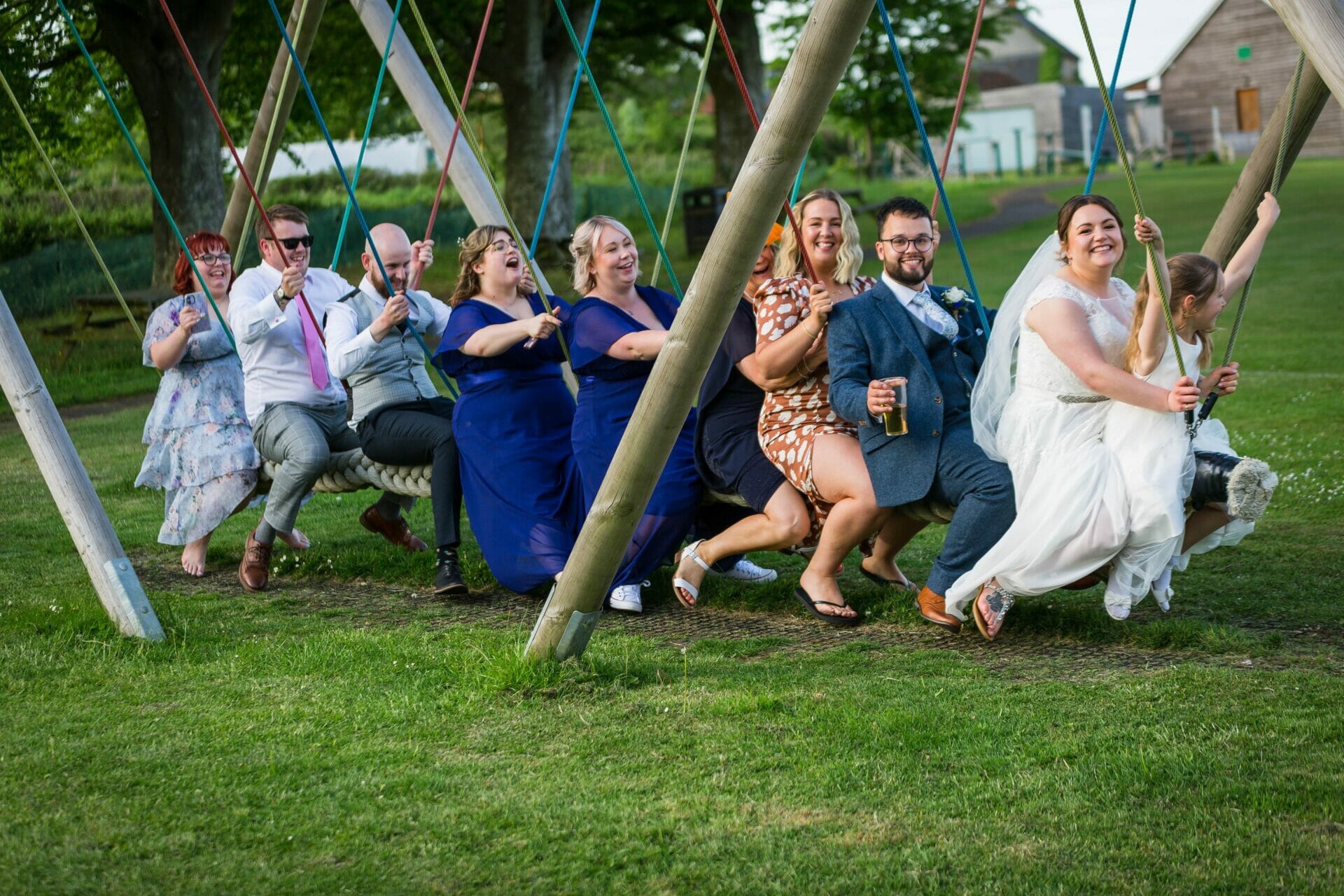Planning Your Wedding Ceremony Songs: What to Consider
Your wedding is an event filled with love, joy, and celebration, and the music you choose to accompany each moment can embed a deeper sense of meaning and evoke the emotions of all in attendance. Selecting your wedding ceremony songs is not just about picking songs you love, but about finding the harmonies that resonate with your unique story.
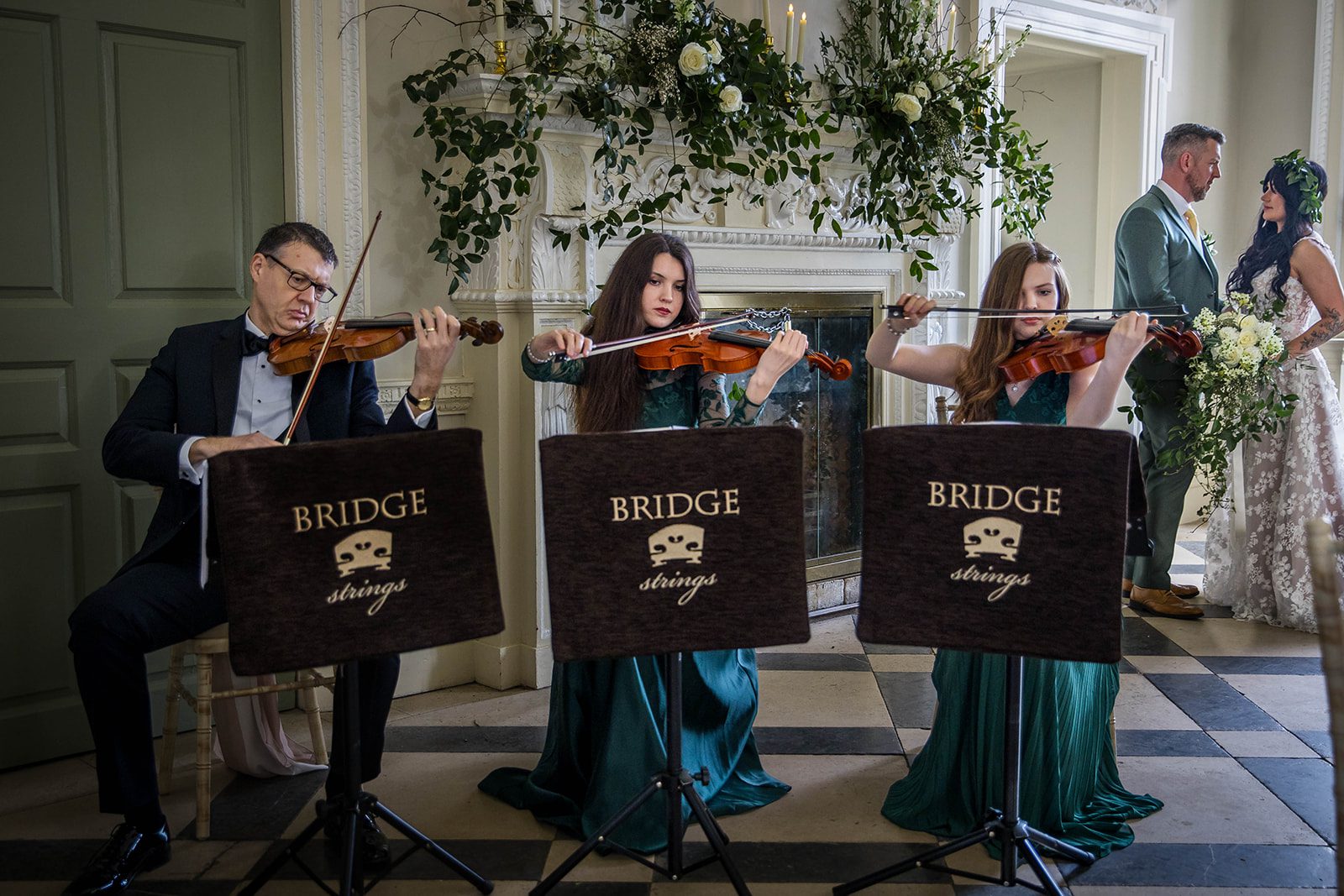
Whether you are classical romance enthusiasts or are looking for some contemporary acoustic vibes, every bride-to-be can curate a musical ensemble that underscores her walk down the aisle in profound ways. Here’s a guide to help you orchestrate the symphony of your special day when choosing your ceremony music.
Understanding the Musical Arc of a Wedding Ceremony
Prelude Music
This set of music is what your guests will hear as they arrive and take their seats, setting the tone for what’s to come. Soft, instrumental pieces work well here, creating an inviting and serene ambiance. Consider a blend of classical pieces, soft jazz, or gentle piano melodies to welcome your guests.
Processional Music
The processional music heralds the arrival of the wedding party. For many brides, the quintessential choice is Pachelbel’s “Canon in D.” However, there’s plenty of room for contemporary songs or even movie soundtracks that might be more personally significant to you and your partner.
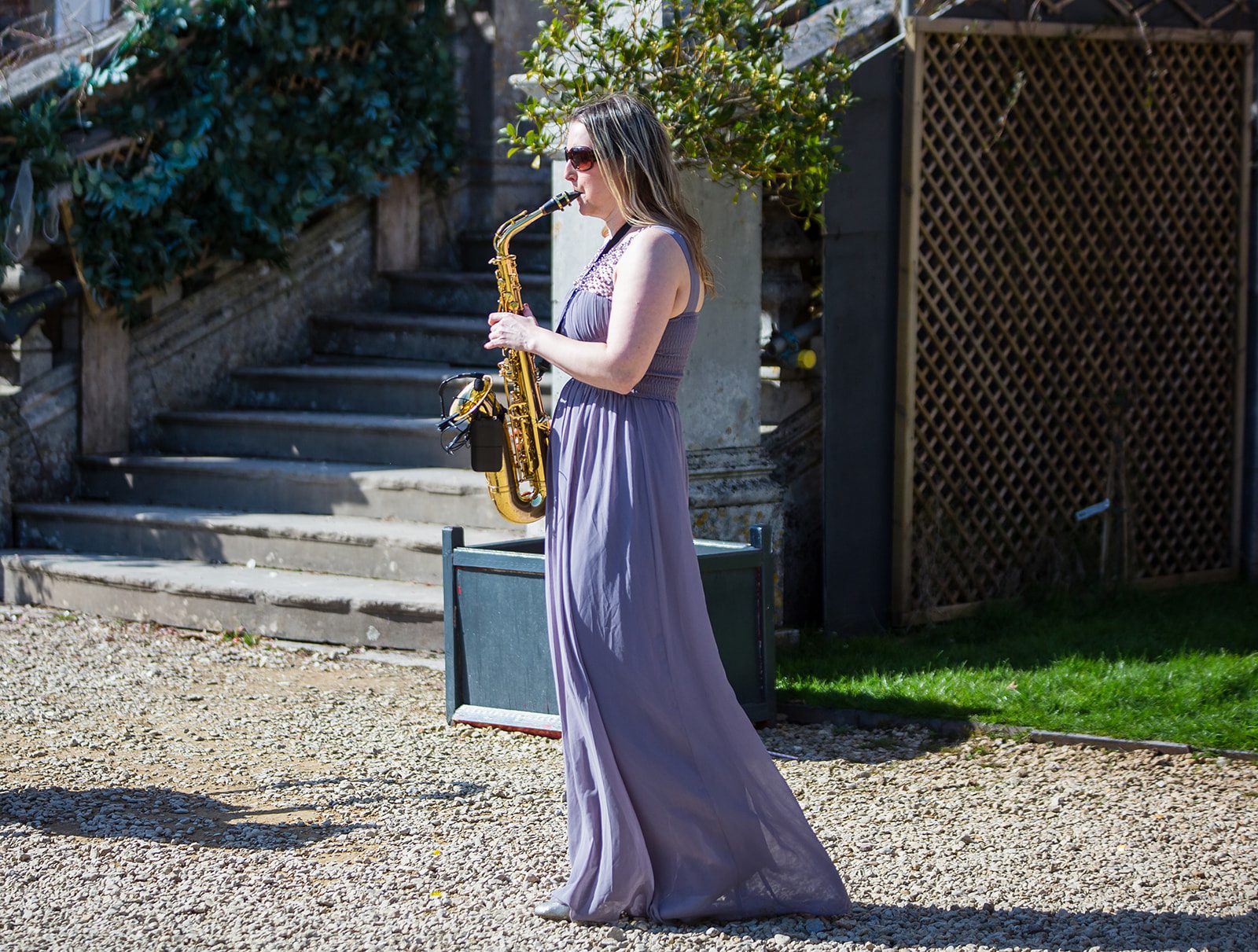
Bride’s Entrance
The moment everyone awaits – when the bride makes her grand entrance. The music chosen here often brings a crescendo of emotion and should reflect the significance of the moment. Whether you decide on a traditional tune like Wagner’s “Bridal Chorus” or a modern ballad, it should align with your vision of the ceremony.
Interlude Music
These musical interludes may accompany special moments during the ceremony like the lighting of the unity candle, sand ceremonies, or signing the marriage certificate. They should be reflective and not overpower the actions or the spoken aspects happening during these times.
Recessional Music
As you and your new spouse make your exit, the music should be exuberant and celebratory. This is an excellent place for something upbeat and joyful such as Mendelssohn’s “Wedding March” or an uplifting pop song that gets people in the mood for the coming festivities.
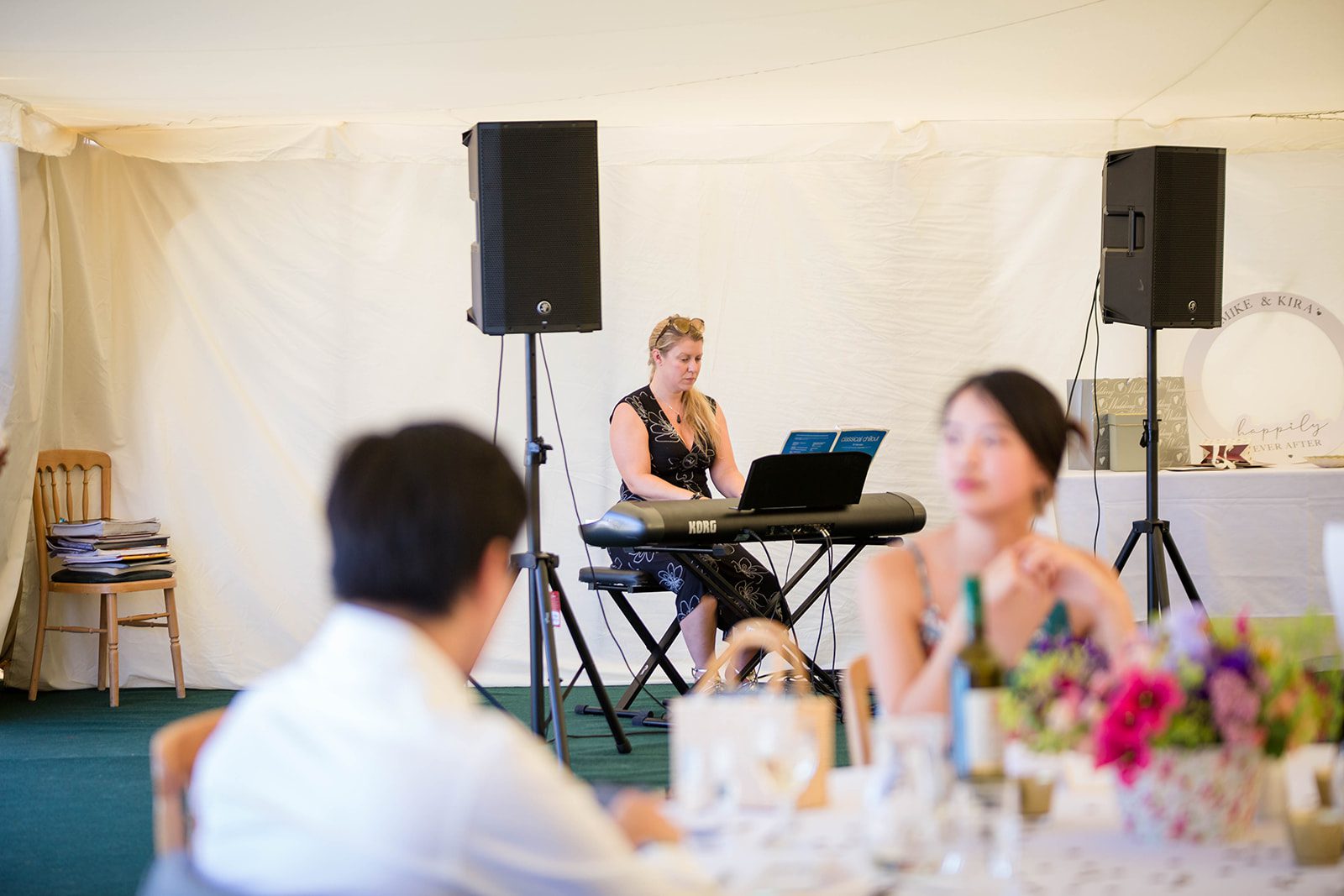
Postlude Music
Continue the celebration as guests exit the ceremony area with postlude music. The mood here is often similar to the recessional, but consider adding more variety in style and upping the tempo to transition smoothly into the reception vibe.
Tips for Personalising Your Wedding Ceremony Songs
- Reflect on Your Personal Story: Choose songs that have personal significance to your relationship. A shared song from a concert you attended, or a track that resonates with your history adds a personalised touch that is uniquely yours.
- Consider Your Ceremony Venue: A grand cathedral might be more suited for a classical ensemble, while a beachfront setting may inspire a more laid-back acoustic vibe. Always check with your venue regarding any restrictions or guidelines they might have pertaining to music.
- Work with Professionals: From string quartets to soloists, hiring professional musicians can give a polished and memorable performance. Provide them with your song choices well in advance, so they have time to rehearse.
- Include Different Genres and Instruments: Don’t be afraid to mix genres and explore various instruments – such as harp, strings, piano, or even brass – to create depth in your musical program.
- Don’t Forget About Volume: Ensure the music is at an appropriate volume; it should be loud enough to be heard, but not overpowering the proceedings. A soundcheck before the ceremony is crucial.
- Have a Backup Plan: If you are relying on a DJ or electronic devices, make sure to have backup equipment and power supplies. For outdoor venues, factors like wind and other natural elements might affect the sound quality.
- Consider Music Licensing: If you’re recording your wedding or live-streaming, ensure you have the appropriate licenses for the music to avoid legal issues.
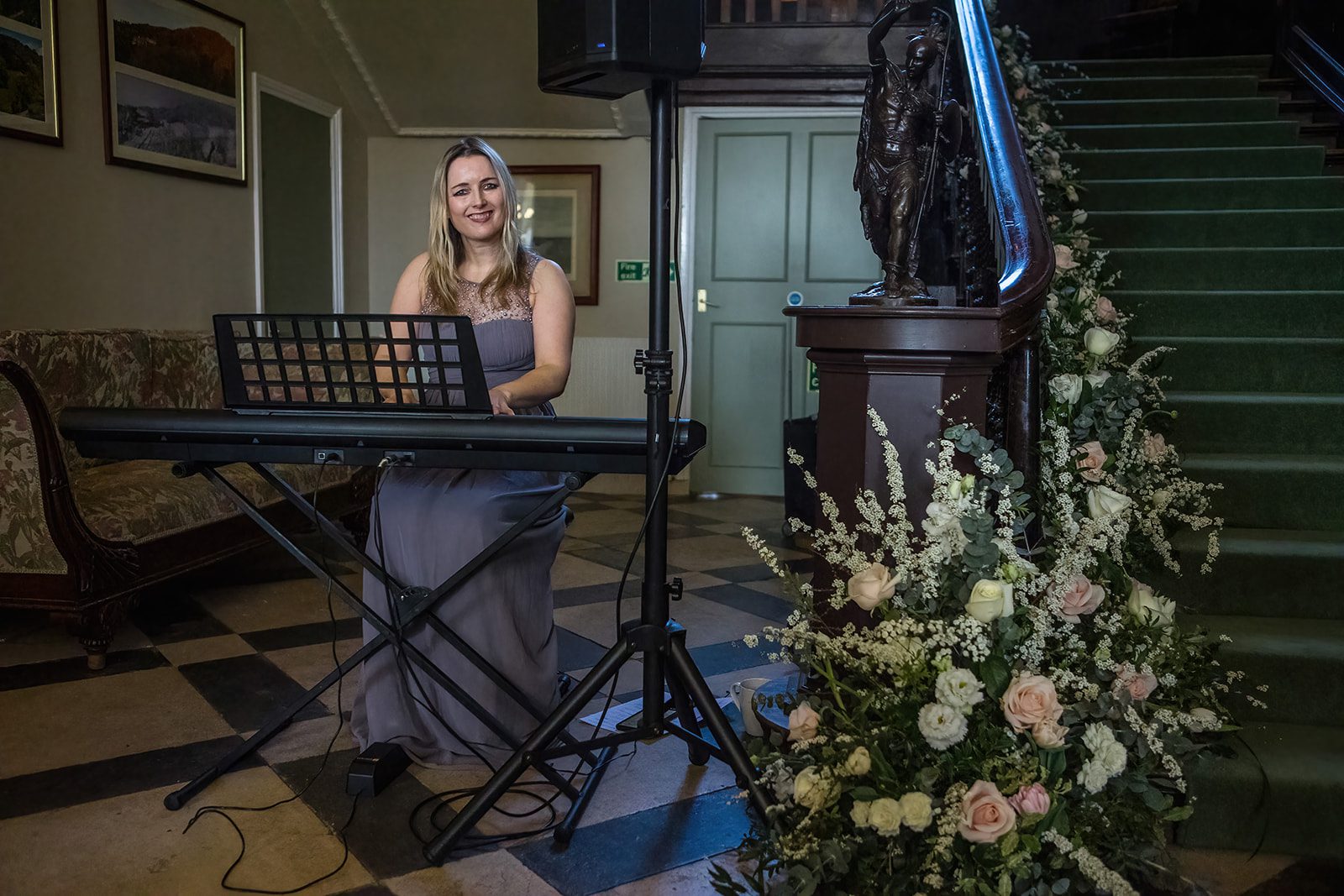
Finding harmony in your wedding ceremony songs is akin to the harmony you will seek in marriage – each note has its place, and when strung together, the collective melody sings of love, happiness, and a shared future. With these considerations in mind, your wedding ceremony music will not only accompany but will enhance the narrative of the day you say “I do.”
Remember, your wedding is a reflection of you and your partner, and your wedding ceremony songs should resemble the same. Embrace the process, feel the music, and let your heart lead the way to a soundtrack that will linger in memories for years to come.
The wedding musicians featured in this post are:


